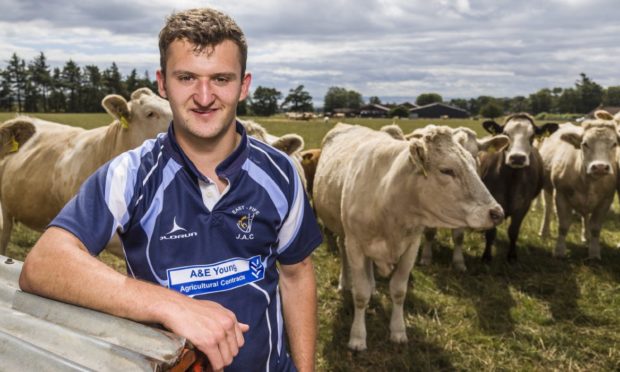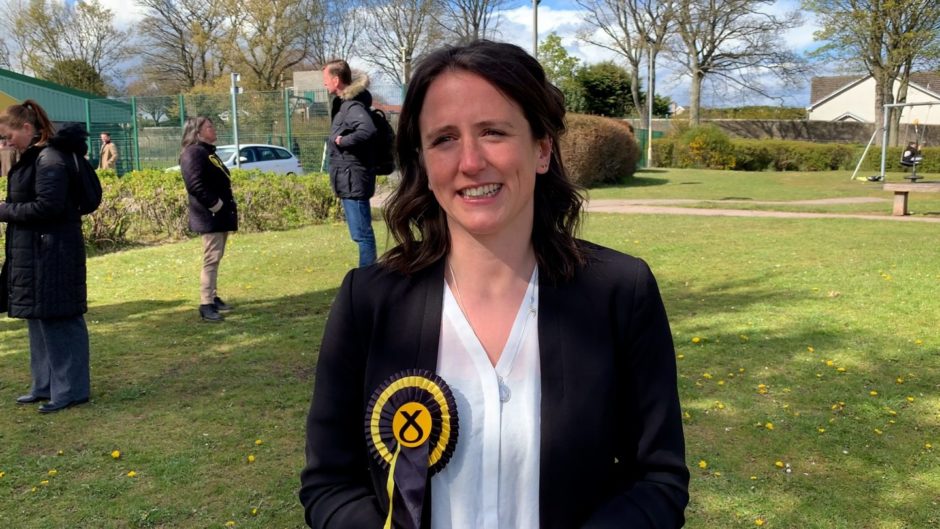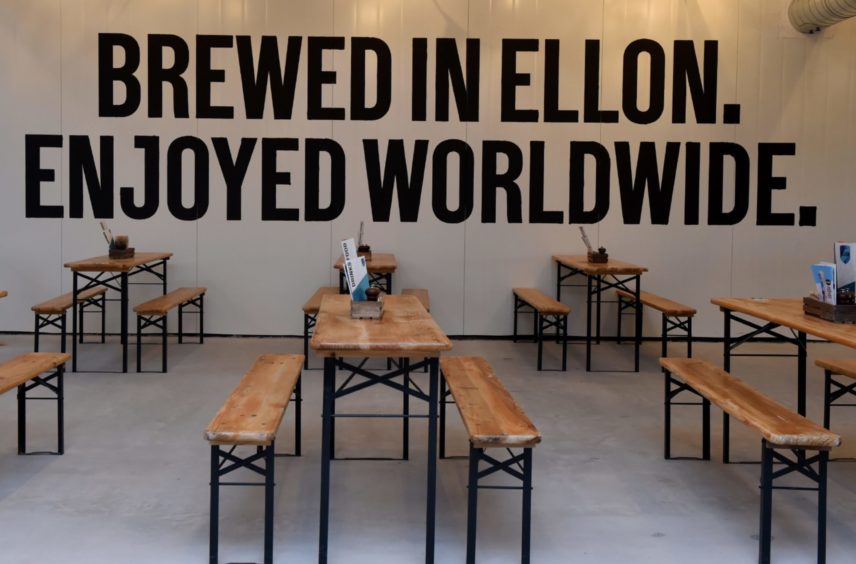Over the past two years there has been so much uncertainty.
We kicked off with Brexit, then Covid came along, and now the talk of independence has returned.
As a young person in the industry, I find it very difficult to know what on earth is going on and it’s difficult to remain positive. However, if we didn’t see a future within agriculture, then we wouldn’t be here.
Our new Rural Affairs Secretary, Mairi Gougeon has previously been a great supporter of the young farmers’ (SAYFC) agri and rural affairs committee, and we look forward to working with her in the future.
She certainly benefits from a full shelf of recommendations for the industry.
Recommendations
Not only are there the most recent proposals from the five farmer-led groups tasked with devising ways the industry can reduce its greenhouse gas emissions, but we can probably also dust off the reports from the Griggs greening group, the Agriculture champions, the National Council of Rural Advisors, and the Farming and Food Production Future Policy Group.
I’m probably missing a few reports, but I hope the latest recommendations of the farmer-led groups are considered and that we see some action taken to support the industry in the years ahead. We can’t keep kicking the can down the road.
Future policy must recognise that going green isn’t cheaper and farmers and crofters in Scotland still need to be productive and profitable in order to deliver environmental objectives.
Management
Agricultural use accounts for 80% of the land in Scotland and this hasn’t changed for hundreds of years.
It has been managed effectively throughout this time, so that the next generation can continue. In recent years the criticism levelled at farming’s environmental impact has not always been justified but the industry needs to plan for the future and ensure that we can continue to sustainably farm for years to come.
Ellon based brewers, BrewDog recently purchased 2000 acres of farmland near Loch Lomond. They plan to plant 1500 acres in native trees and dedicate 550 acres to peatland restoration. By doing this, they now claim to be the world’s first carbon negative brewery.
They’ve taken what was previously grazing land, which played an important role for both food production and the environment, so that they can greenwash themselves and ultimately make more money. This is the kind of virtue signalling we don’t need.
BrewDog has recently announced a new rooftop bar in Las Vegas so thankfully the next time I fly into Vegas for a drink I’ll be comforted to know that it’s all carbon negative!
As an industry we need to sort ourselves out first before we sell ourselves short by selling our carbon sequestration potential to big emitters.
Trade deals
The proposed trade deal with Australia could be incredibly damaging and the hypocrisy of the government in bringing forward new legislation to ban the live export of livestock whilst giving Australian farmers access to our market is underhand.
But in Scotland we face the added uncertainty over potential divergence from England.
Farmers south of the border are no longer subjected to greening. Does this immediately make them 5% more productive and profitable than farms in Scotland?
They might also benefit from access to new technology such as gene editing whilst we have yet to hear any whispers on that subject from Scottish Government.
So my question to Holyrood and Westminster is, will Scottish farmers be allowed to farm on a level playing field?
Alistair Brunton farms at Balmonth in Fife and is chairman of the Scottish Association of Young Farmers’ Clubs’ agri and rural affairs committee.


